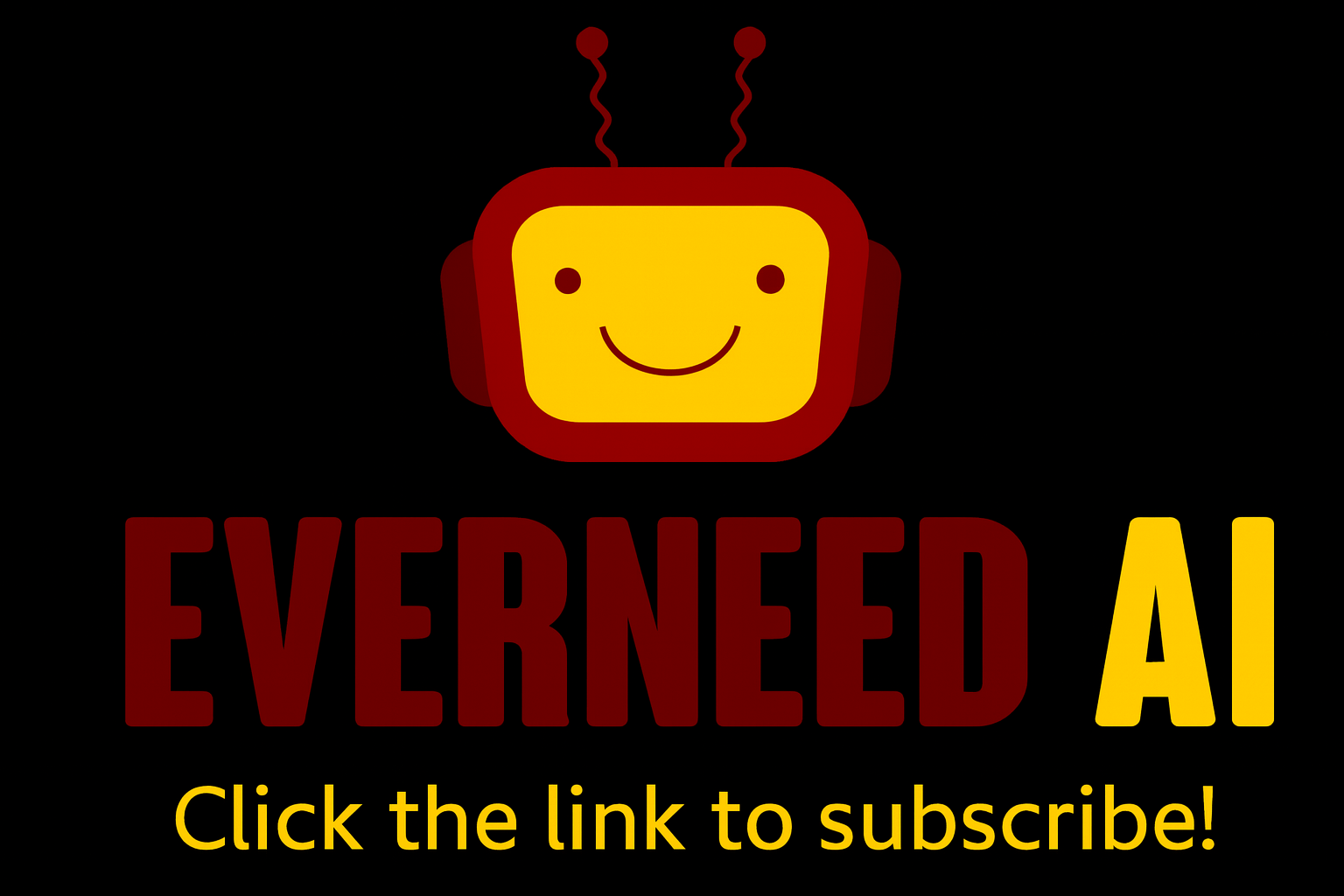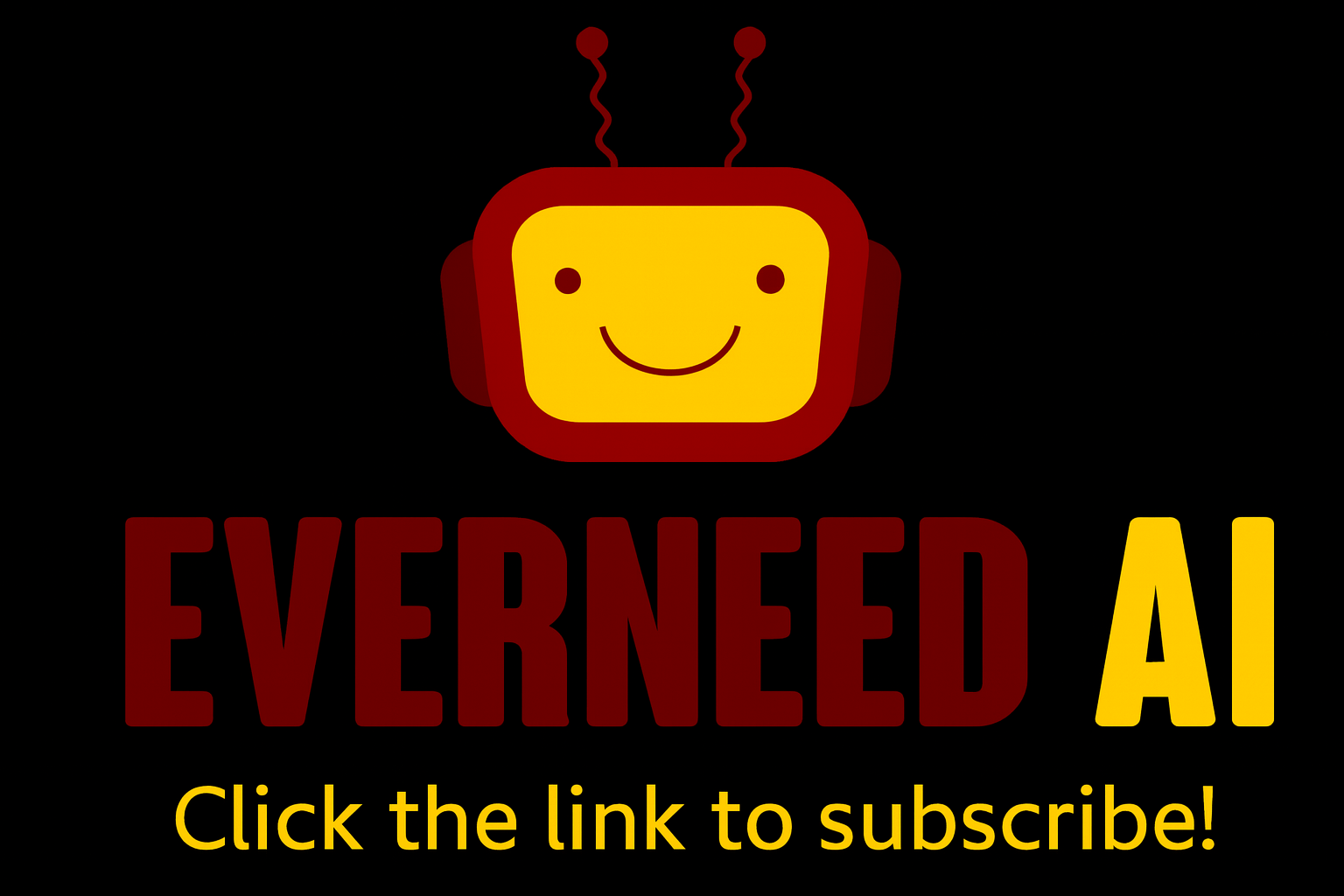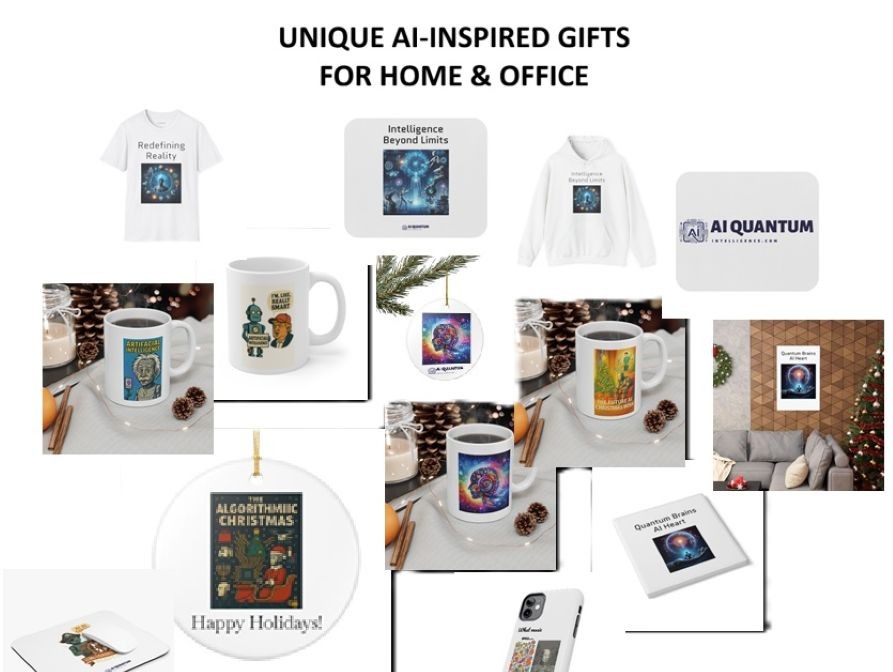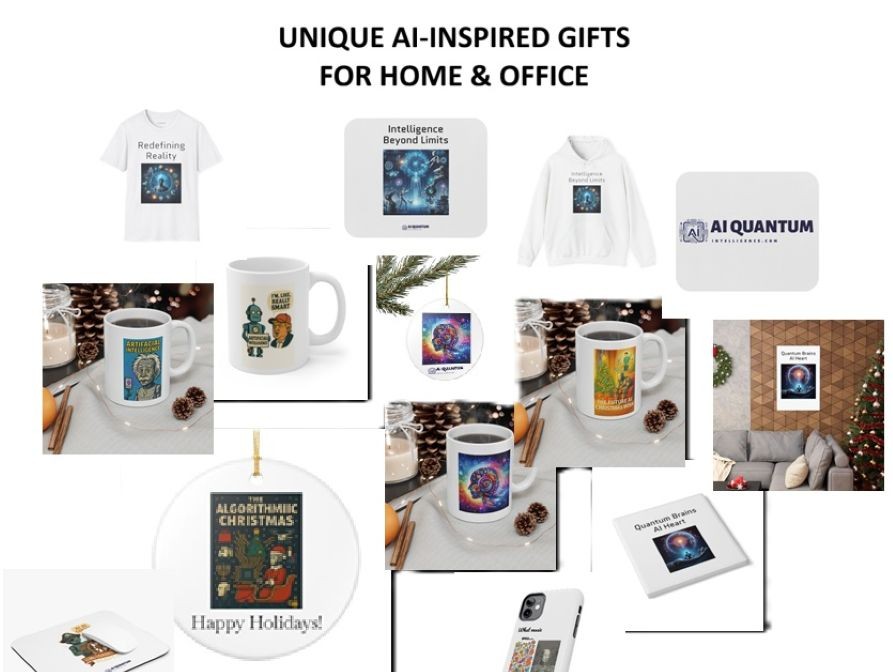Beyond Math and Python: The Other Key Data Science Skills You Should Develop
Feeling inspired to write your first TDS post? We’re always open to contributions from new authors.The roadmap to success in data science offers many different paths, but most of them include a strong focus on math and programming skills (case in point: this excellent guide for aspiring data professionals that Saankhya Mondal published earlier this week). Once you’ve got your bases covered in those areas, however, what’s next? What topics do data scientists need to build expertise in to differentiate themselves from the pack in a crowded job market?Our weekly highlights zoom in on some of the areas you may want to explore in the coming weeks and months, and provide actionable advice from authors who are deeply embedded in a wide cross-section of industry and academic roles. From mastering the ins and outs of data infrastructure to expanding one’s storytelling skills, let’s take a close look at some of those peripheral—but still crucial—areas of potential growth.Beyond Skills: Unlocking the Full Potential of Data Scientists“Data scientists possess a unique perspective that allows them to come up with innovative business ideas of their own — ideas that are novel, strategic, or differentiating and are unlikely to come from anyone but a data scientist.” Eric Colson expands on a thought-provoking premise, namely that companies are under-utilizing data scientists by focusing too much on their technical skills, at the expense of their creativity and outside-the-box thinking.Three Crucial Data Lessons That I Learned from a Data Conference That’s Not Related to AIAI has so thoroughly dominated conversations in recent years that it feels refreshing to hear about other ways for data scientists to stay on the cutting edge of their field. Nithhyaa Ramamoorthy reflects on her recent experience at a conference and how it inspired her to pay more attention to issues that might appear less shiny than the latest LLM, but can increase your value as a data practitioner—from cost containment and data translation to information design.The Ultimate Productivity System for Data Science LeadersFor anyone on the data science management path—whether in its early stages or deeper into your career—it can sometimes feel like leadership skills are expected to grow organically with nothing more than the passage of time. While that might be true in some ways, Rebecca Vickery’s latest contribution spells out some of the concrete steps you can take to ensure you stay focused and productive even as the demands of your role grow.Photo by In The Making Studio on UnsplashMastering Back-of-the-Envelope Math Will Make You a Better Data ScientistWe know, we know: we promised no math. But what Torsten Walbaum’s new article suggests is that data professionals might want to worry less about complex formulas and modeling, and allow themselves to grow more comfortable with producing rough—but solid—estimates.From AI Canvas to MLOps Stack Canvas: Are They Essential?As tools and data stacks grow in complexity, it becomes far too easy for product stakeholders to lose track of how all the moving pieces are supposed to work together. Chayma Zatout is here to help, with a hands-on introduction to building and using canvases, “a visual framework that helps individuals and teams to map and analyze various aspects of a given project […] in a structured manner.”The AWS Bedrock Tutorial I Wish I Had: Everything You Need to Know to Prepare Your Machine for AWS Infrastructure “How can you take a nifty little machine-learning prototype in your notebook and develop it into a powerful full-stack web application?” Taking a few steps back from the nitty-gritty details of data analysis, Minda Myers encourages data professionals to consider their tech setup and to optimize it for smooth and effective workflows.From Insights to Impact: Presentation Skills Every Data Scientist NeedsIt’s not exactly news that strong storytelling is at the core of many, if not most data science roles; it remains an under-covered area in many programs, though—one that you’re just expected to magically improve in on your own. Yu Dong tackles some of the core aspects of successful presenations in her latest post, and includes concrete pointers on designing successful slides.How to Create Opportunities and Succeed in Data Science Job ApplicationsAs Robson Tigre makes clear, the process of becoming a standout job applicant and identifying the right opportunities requires its own set of skills—most of which have very little to do with data or algorithms, and instead revolve around self-presentation (and -marketing), networking, and communication.Thank you for supporting the work of our authors! As we mentioned above, we love publishing articles from new authors, so if you’ve recently written an interesting project walkthrough, tutorial, or theoretical reflection on any of our core topics, don’t hesitate to share it with us.Until the next Variable,TDS TeamBeyond Math and Python: The Other Key Data Sc
Feeling inspired to write your first TDS post? We’re always open to contributions from new authors.
The roadmap to success in data science offers many different paths, but most of them include a strong focus on math and programming skills (case in point: this excellent guide for aspiring data professionals that Saankhya Mondal published earlier this week). Once you’ve got your bases covered in those areas, however, what’s next? What topics do data scientists need to build expertise in to differentiate themselves from the pack in a crowded job market?
Our weekly highlights zoom in on some of the areas you may want to explore in the coming weeks and months, and provide actionable advice from authors who are deeply embedded in a wide cross-section of industry and academic roles. From mastering the ins and outs of data infrastructure to expanding one’s storytelling skills, let’s take a close look at some of those peripheral—but still crucial—areas of potential growth.
- Beyond Skills: Unlocking the Full Potential of Data Scientists
“Data scientists possess a unique perspective that allows them to come up with innovative business ideas of their own — ideas that are novel, strategic, or differentiating and are unlikely to come from anyone but a data scientist.” Eric Colson expands on a thought-provoking premise, namely that companies are under-utilizing data scientists by focusing too much on their technical skills, at the expense of their creativity and outside-the-box thinking. - Three Crucial Data Lessons That I Learned from a Data Conference That’s Not Related to AI
AI has so thoroughly dominated conversations in recent years that it feels refreshing to hear about other ways for data scientists to stay on the cutting edge of their field. Nithhyaa Ramamoorthy reflects on her recent experience at a conference and how it inspired her to pay more attention to issues that might appear less shiny than the latest LLM, but can increase your value as a data practitioner—from cost containment and data translation to information design. - The Ultimate Productivity System for Data Science Leaders
For anyone on the data science management path—whether in its early stages or deeper into your career—it can sometimes feel like leadership skills are expected to grow organically with nothing more than the passage of time. While that might be true in some ways, Rebecca Vickery’s latest contribution spells out some of the concrete steps you can take to ensure you stay focused and productive even as the demands of your role grow.

- Mastering Back-of-the-Envelope Math Will Make You a Better Data Scientist
We know, we know: we promised no math. But what Torsten Walbaum’s new article suggests is that data professionals might want to worry less about complex formulas and modeling, and allow themselves to grow more comfortable with producing rough—but solid—estimates. - From AI Canvas to MLOps Stack Canvas: Are They Essential?
As tools and data stacks grow in complexity, it becomes far too easy for product stakeholders to lose track of how all the moving pieces are supposed to work together. Chayma Zatout is here to help, with a hands-on introduction to building and using canvases, “a visual framework that helps individuals and teams to map and analyze various aspects of a given project […] in a structured manner.” - The AWS Bedrock Tutorial I Wish I Had: Everything You Need to Know to Prepare Your Machine for AWS Infrastructure
“How can you take a nifty little machine-learning prototype in your notebook and develop it into a powerful full-stack web application?” Taking a few steps back from the nitty-gritty details of data analysis, Minda Myers encourages data professionals to consider their tech setup and to optimize it for smooth and effective workflows. - From Insights to Impact: Presentation Skills Every Data Scientist Needs
It’s not exactly news that strong storytelling is at the core of many, if not most data science roles; it remains an under-covered area in many programs, though—one that you’re just expected to magically improve in on your own. Yu Dong tackles some of the core aspects of successful presenations in her latest post, and includes concrete pointers on designing successful slides. - How to Create Opportunities and Succeed in Data Science Job Applications
As Robson Tigre makes clear, the process of becoming a standout job applicant and identifying the right opportunities requires its own set of skills—most of which have very little to do with data or algorithms, and instead revolve around self-presentation (and -marketing), networking, and communication.
Thank you for supporting the work of our authors! As we mentioned above, we love publishing articles from new authors, so if you’ve recently written an interesting project walkthrough, tutorial, or theoretical reflection on any of our core topics, don’t hesitate to share it with us.
Until the next Variable,
TDS Team
Beyond Math and Python: The Other Key Data Science Skills You Should Develop was originally published in Towards Data Science on Medium, where people are continuing the conversation by highlighting and responding to this story.













